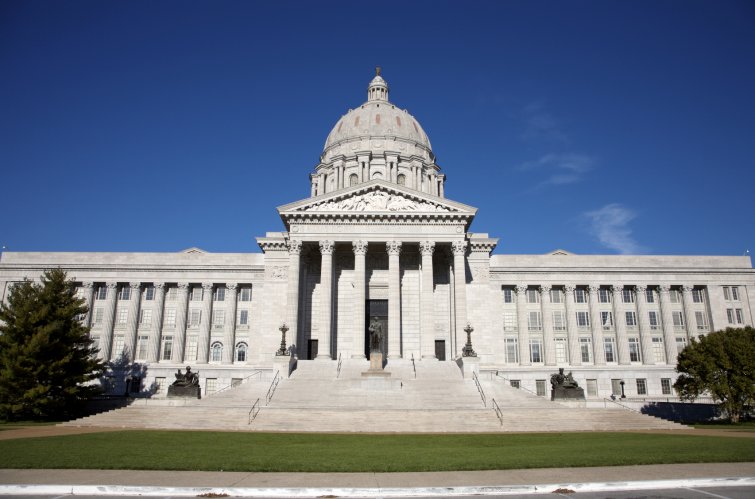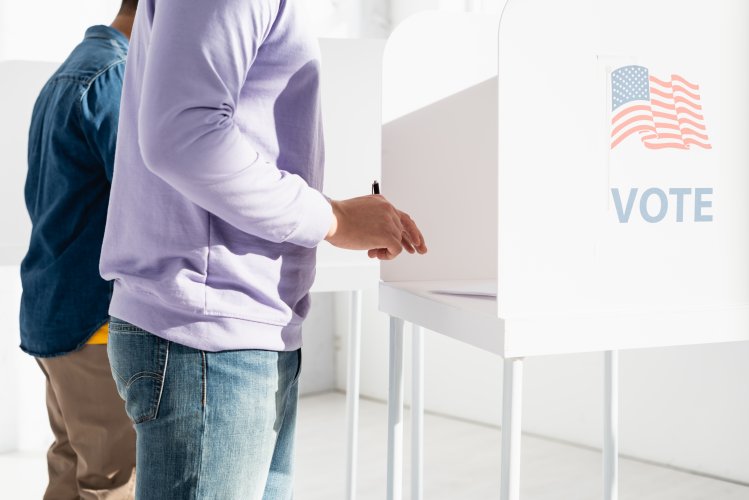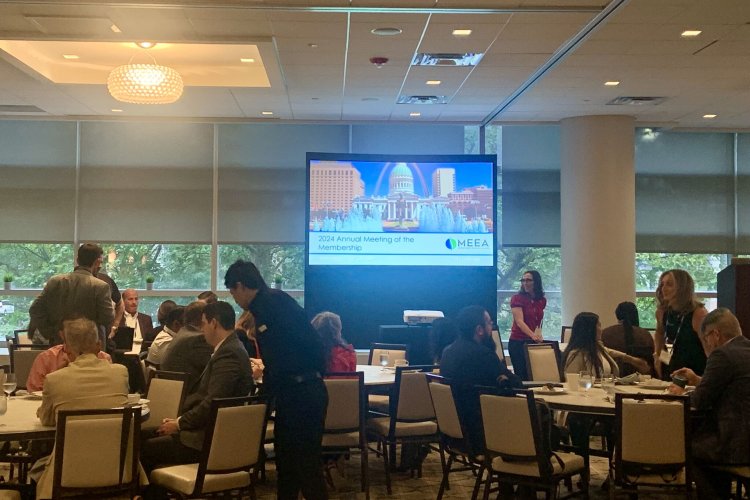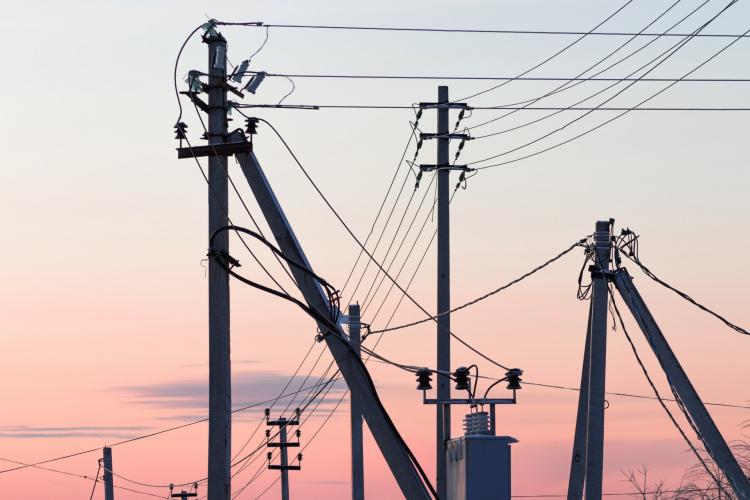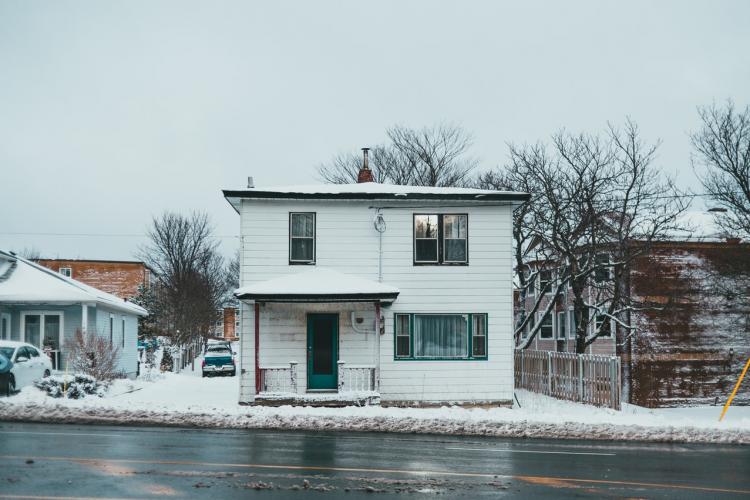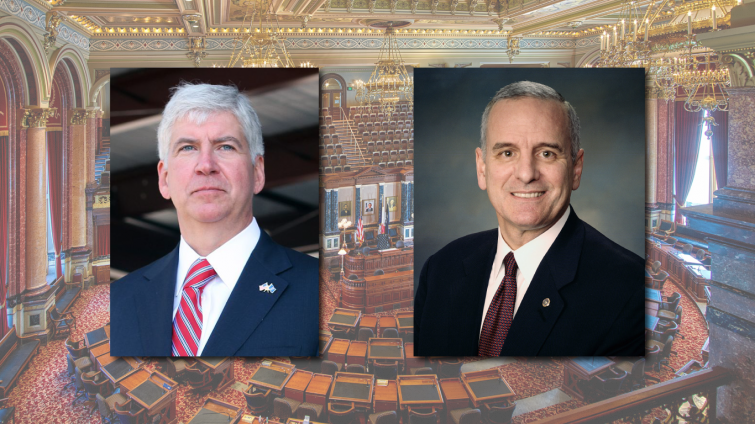Missouri Energy Efficiency Dis-Investment Actions: The MEEIA Cycle 4 Dockets
The Missouri Energy Efficiency Investment Act (MEEIA) cycle 4 regulatory processes for the two largest electric investor-owned utilities (IOUs) in the state have finally reached their conclusions. These dockets have played out slowly over the past two years. Ameren Missouri originally submitted their intent to file MEEIA Cycle 4 programs with the Missouri Public Service Commission (PSC) in October 2022, with Evergy filing in April 2023. After the proceedings, the approved programs for both utilities went into effect on January 1, 2025.
